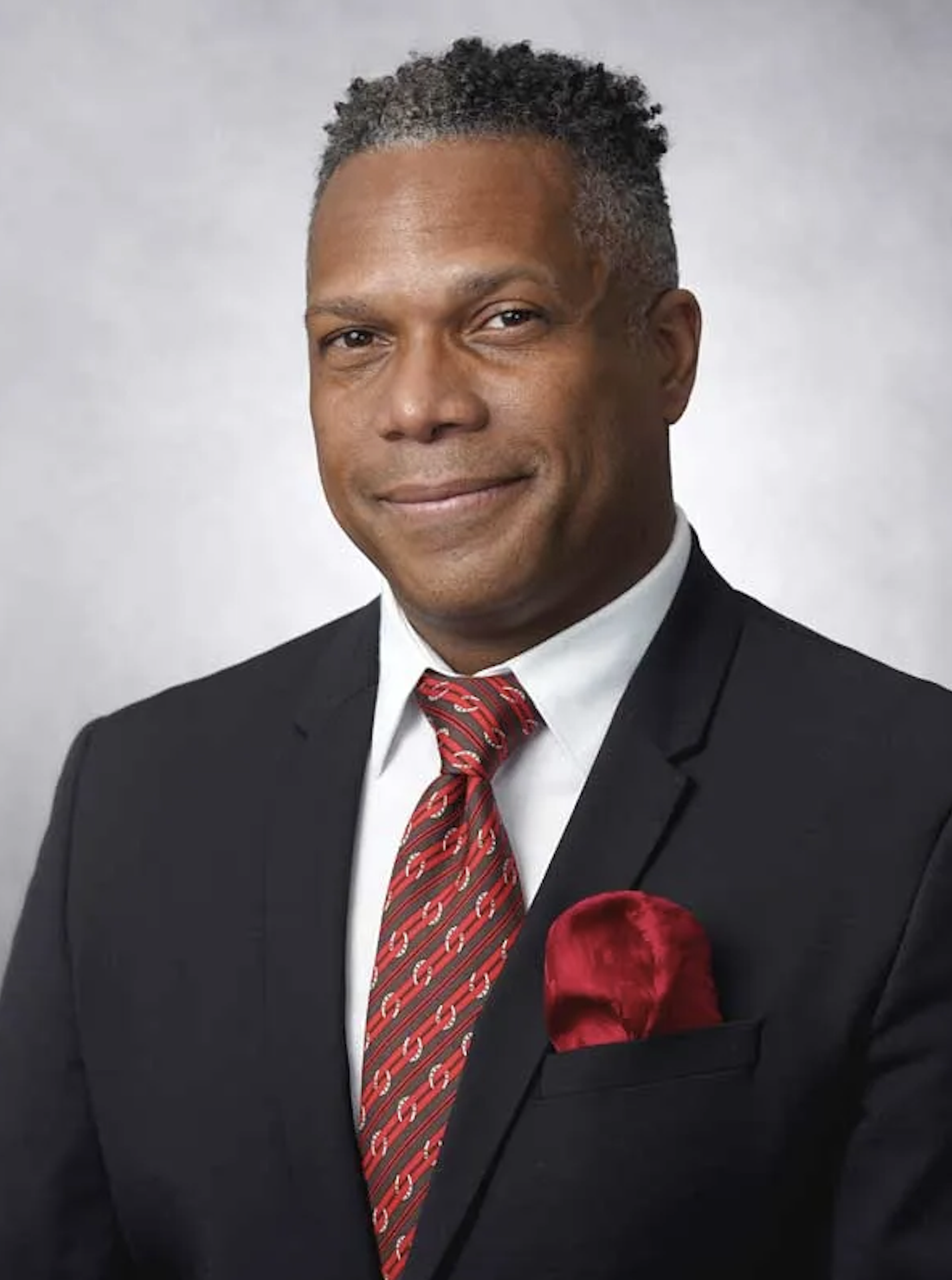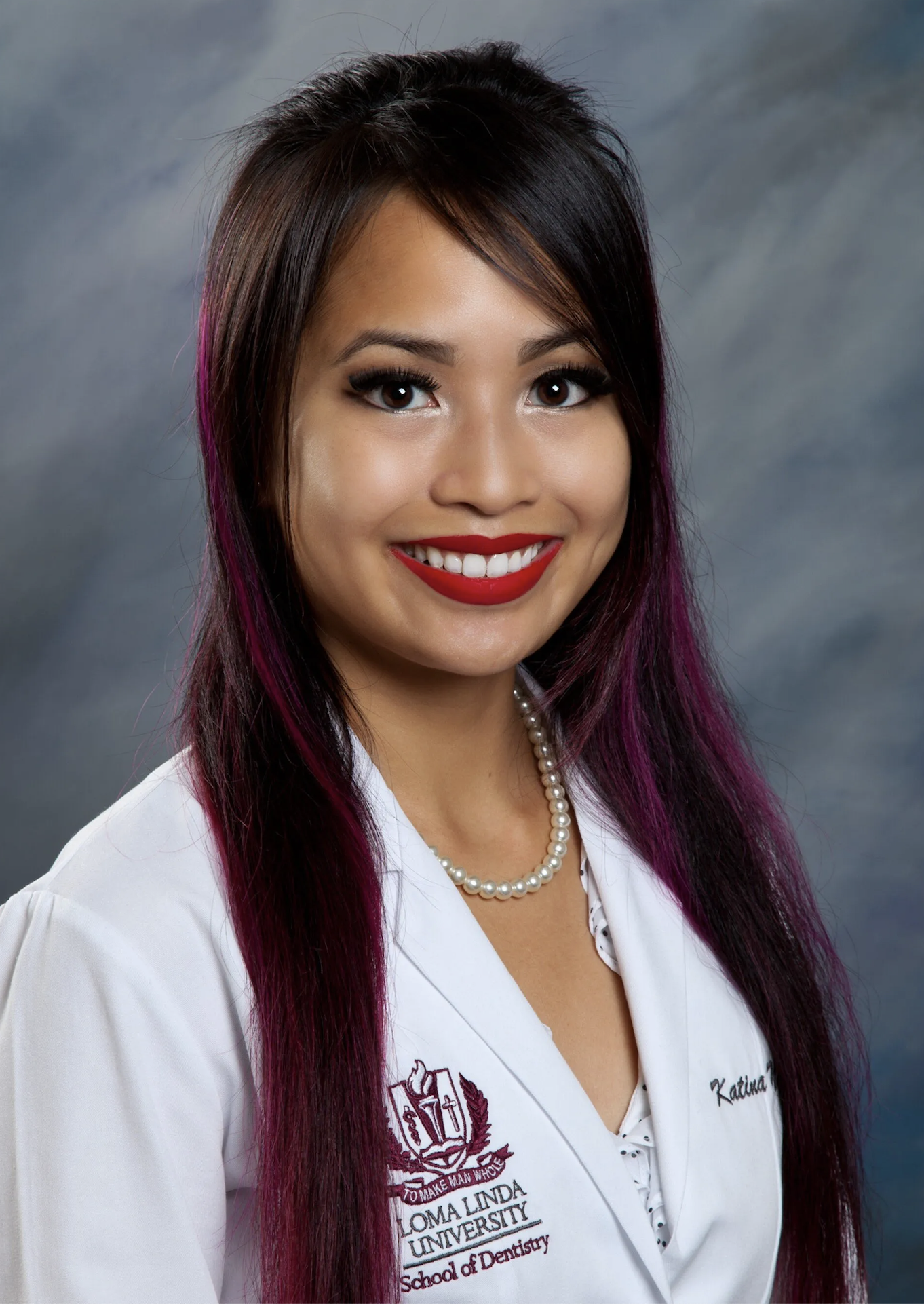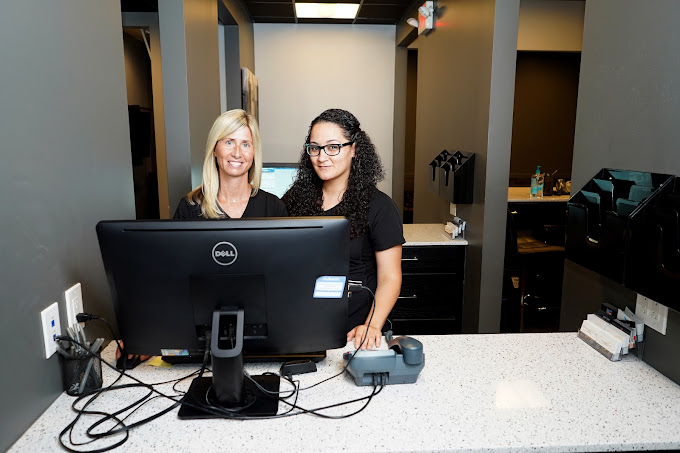Retreatment Services for Root Canals
Sometimes, a tooth that has undergone root canal therapy may fail to heal. You may continue feeling pain long after the procedure. In some situations, the tooth may initially respond to an endodontic treatment but becomes infected months or years later. These problems can be fixed with a repeat root canal therapy, also known as endodontic retreatment.
Why Are Retreatments Necessary?
There are several reasons that can lead to failure of the initial root canal treatment, including:
There are also situations where a new problem affects a successfully treated tooth. These may include:
What Happens During Retreatment?
At The Dental Specialty Center, we utilize a 3D CBCT scan to non-invasively give you the best diagnosis for your tooth prior to determining if retreatment is the best option for you. The CBCT scan is state of the art technology that can show the following:
If after the CBCT scan is reviewed from our Endodontist, and retreatment is recommended for you, the procedure is as follows; Our dentist will make a microscopic entry hole through your crown or filling to access to the existing root canal filling material. Once the root canal material is removed, the canals are then meticulously cleaned.
The tooth will be examined using special lighting and magnification to check for unusual anatomy, additional canals, or infection that needs treatment. After treating any infection, reshaping, and decontaminating the canals, they are refilled. Sometimes, the canals can be too narrow, making them difficult to access.
In that case, our endodontist may recommend endodontic surgery. This surgery involves creating an incision, which allows for access to and sealing of a portion of the tip of the root. After the procedure is complete, a crown or filling is used to restore the tooth.
Sometimes, despite the best efforts, root canal therapy or endodontic retreatment is unsuccessful. When that happens, tooth extraction may be your only option. After removal, it is important to fill the space with a dental bridge, implant, or removable partial denture to ensures you can still eat properly. It also helps to prevent the adjacent teeth from shifting.
In cases, if it’s determined you’re not a good candidate for retreatment, removal may also be recommended rather than trying retreatment at all. Apicoectomy, where part of the tooth root is removed, may also be an option.
In that case, our endodontist may recommend endodontic surgery. This surgery involves creating an incision, which allows for access to and sealing of a portion of the tip of the root. After the procedure is complete, a crown or filling is used to restore the tooth.
Sometimes, despite the best efforts, root canal therapy or endodontic retreatment is unsuccessful. When that happens, tooth extraction may be your only option. After removal, it is important to fill the space with a dental bridge, implant, or removable partial denture to ensures you can still eat properly. It also helps to prevent the adjacent teeth from shifting.
In cases, if it’s determined you’re not a good candidate for retreatment, removal may also be recommended rather than trying retreatment at all. Apicoectomy, where part of the tooth root is removed, may also be an option.
If Your Tooth Still Hurts After a Root Canal, Give Us a Call
In these instances, our endodontist may recommend endodontic surgery. This surgery involves creating an incision, which allows for access to and sealing of a portion of the tip of the root. After the procedure is complete, a crown or filling is used to restore the tooth.
Sometimes, despite the best efforts, root canal therapy or endodontic retreatment is unsuccessful. When that happens, tooth extraction may be your only option. After removal, it is important to fill the space with a dental bridge, implant, or removable partial denture to ensures you can still eat properly. It also helps to prevent the adjacent teeth from shifting.
If you’re not a good candidate for retreatment, removal may also be recommended rather than trying retreatment at all. Apicoectomy, where part of the tooth root is removed, may also be an option.
Book Your Appointment at The Dental Specialty Center Today
Sometimes, despite the best efforts, root canal therapy or endodontic retreatment is unsuccessful. When that happens, tooth extraction may be your only option. After removal, it is important to fill the space with a dental bridge, implant, or removable partial denture to ensures you can still eat properly. It also helps to prevent the adjacent teeth from shifting.
If you’re not a good candidate for retreatment, removal may also be recommended rather than trying retreatment at all. Apicoectomy, where part of the tooth root is removed, may also be an option.
Book Your Appointment at The Dental Specialty Center Today
MOST POPULAR TREATMENTS
Our Services
Do you have crooked or misaligned teeth that lower your self-esteem and make you feel embarrassed when speaking?
If yes, you could be a candidate for orthodontic treatment. At The Dental Specialty Center, we have a team of orthodontists who are ready to walk you through the process of getting the perfect smile for a healthy life. Our dental specialists are able to cater to all your Orthodontic needs in Marlton and Linwood.
Do you have a tooth that you believe is inflamed or infected? If so, you may need endodontic treatment. Inflammation or infection can be a result of various issues, including deep decay, a chip or crack in the tooth, or exposure of the tooth to repeated dental procedures. Trauma may also lead to pulp damage even if the tooth has no visible cracks.
The Dental Specialty Center is a full-service oral and maxillofacial surgery center. Our team has over 40 years of experience offering high-quality treatments for a wide range of procedures.
Our Doctor
Meet Doctor

Dr. SC Saint-Cyr
Dental specialist

Dr. Latisha Henderson
Dental specialist

Dr. Katina Nguyen
Dental specialist



